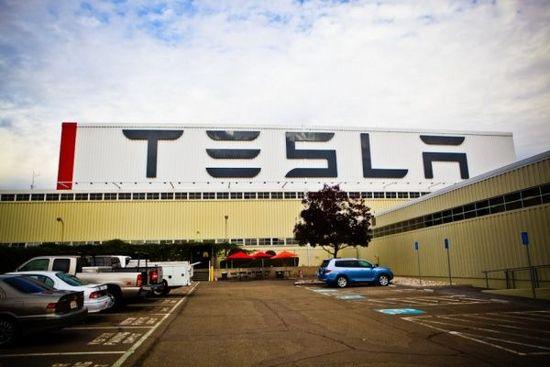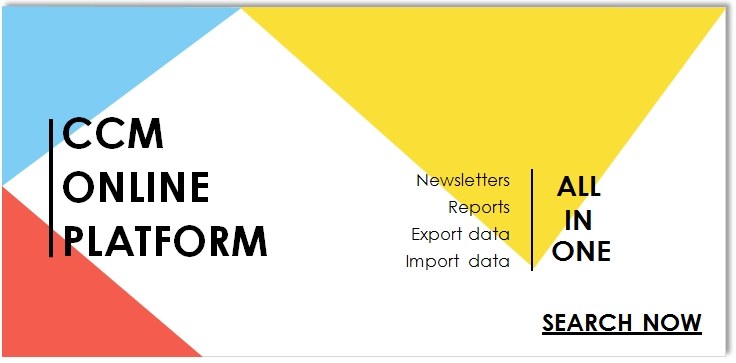On 29 July, 2016, Tesla Motors Inc. (Tesla) announced the latest progress of
its Gigafactory situated in Nevada, the US. As planned, the factory, running at
full capacity, will satisfy the battery demand from 500,000 battery electric
vehicles (BEV).

Source: Baidu
Tesla has blazed the trail in BEV segment and has brought quite a shake to the
world's automobile industry.
In regard to positionings and pricings, Tesla's automobiles do earn the name of
“luxury” in electric vehicle industry. Early at the end of March, 2016, Tesla
officially initiated the reservations for Model 3 (a cheap version), and within
2 weeks, got the orders for 400,000 vehicles worldwide, beyond the full-year
sales of BEVs in China in 2015.
It is notable that Tesla schedules to start mass production of Model 3 as late
as 2018, even though it had the reservations this year. This is an indication
that Tesla defeated many of its competitors and exerted overwhelming pressure
on them 2 years earlier before the model is launched.
However, restricted by BEV properties,
power battery is a key obstacle to Tesla’s development: now the company is
still spending much on power battery. The Gigafactory will be critical in
reversing the course.

At present, all the power batteries used by Tesla are offered by Panasonic
Corporation's Asian plants. As constant promotions are made in constructing the
Gigafactory project, Tesla is gradually reconstructing its battery supply chain
to reduce costs for power battery.
Gigafactory is only about 400 km away from Tesla’s automobile factory in
Fremont and Tesla will build a railway between the 2 places for the
transportation of power battery.
In this way, the cost for power battery in the future is expected to be cut by
30%+.
"Besides Model 3, Tesla will put forward a much cheaper one in the
future," commented a trade source, "With lowered cost for in power
battery, it is hoped that Tesla will expand its consumer range, to ordinary
consumers, which is a focus by most BEV manufacturers now."
Despite only 14% of the Gigafactory completed, Tesla plans to advance the date
of completion, from 2020 to 2018, in order to deliver the Model 3 on time. In light
of the orders, the Gigafactory, once put into operation, has to work at full
capacity to meet the market demand.
This article comes from China Li-ion Battery E-News 1608, CCM

About CCM:
CCM is the leading market intelligence provider for China’s
agriculture, chemicals, food & ingredients and life science markets. Founded in 2001, CCM offers a
range of data and content solutions, from price and trade data to industry
newsletters and customized market research reports. Our clients include Monsanto,
DuPont, Shell, Bayer, and Syngenta. CCM is a brand of Kcomber Inc.
For more information about CCM, please visit www.cnchemicals.com or get in touch with us
directly by emailing econtact@cnchemicals.com or calling
+86-20-37616606.
Tag: battery